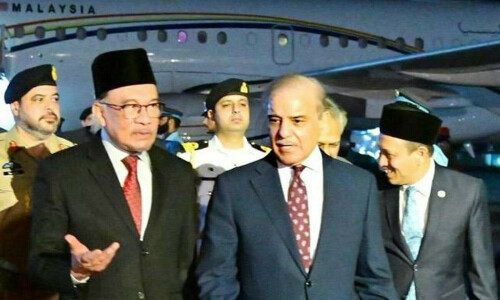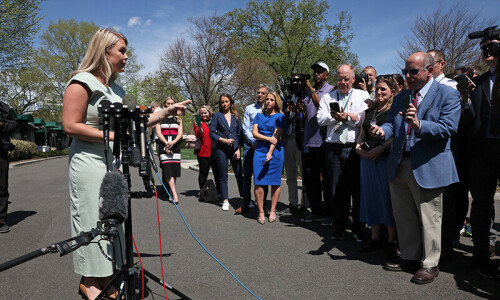KARACHI: Three more eminent speakers shed light on ‘Climate change, cities and violence in the time of Covid-19: perspectives from South Asia’ on the second day of the workshop organised online by The Climate Change and Urban Violence Global Engagement Network (CCUVN) at the Institute of Business Administration (IBA).
Dr Danesh Jayatilaka, chairman of the Centre for Migration Research and Development, Colombo was the first to address the participants.
His topic was underserved communities in Colombo and issues of relocating them. Referring to a project that he undertook, he said Colombo was the commercial capital of Sri Lanka; it’s a modern city, with a population of seven to eight hundred thousand. There were clusters of underserved communities, over a thousand or more but his research was in particular about communities that were affected by floods.
Most of them had migrated to Colombo from rural areas, from upcountry. Some had come for safety, some for employment, some for education, etc.
The rural-urban migration had been taking place since colonial times. The study looked at why these people were attached to the locations they came to.
Dr Jayatilaka said it was found that housing and employment were main attractions because the spots where they settled were close to employment places and transport facilities. Relational aspect was also factored in.
It was a plus because migrants and informal workers used a lot of social networks to connect and be attached to each other. The negative component of the model was unhappiness in the shape of shame, because these places had crime, drugs and gangsters. So they were concerned about their children, about their own safety. As a result, there was a tension between what was materially there and the negative aspect of it.
This sort of complexity, whether you want to stay or leave as resettling was taking place, raised the question regarding difficulty of how to address it. He added there were projects happening in Colombo and investments coming in; some of these projects are better than others.
Fatima Tassadiq, doctoral candidate at the University of Pennsylvania, gave a presentation on the impact of Orange Line metro train on local communities in Lahore, particularly looking at the neighbourhood of Kapurthala House and old Anarkali. She said land acquisition there began in 2014 — buildings were demolished and construction began.
Giving a detailed account of the process, she pointed out that the project caused the local community’s loss of ancestral homes, breakup of mohallas, gender impact, the loss in income, longer commutes and disruption in school years.
Rashee Mehra of the Indian Institute of Human Settlements talked about urban planning during a pandemic concentrating on a drive called ‘Main Bhi Dilli’ which started in 2018. The focus of the campaign was on informal livelihoods, gender and climate change.
She said Delhi was one of the most populated cities of the world. Research found that informal housing in Delhi (slums) occupy only 0.6 per cent of land. This was the kind of logic that they tried to understand and challenge.
Ms Mehra underlined that the coronavirus pandemic in the city brought what the campaign was saying all along. “We have to focus on informal livelihoods, on gender, on housing. The marginalised segments suddenly took centre stage in the last few months” because of the pandemic.
The government imposed a severe lockdown, consequently many migrants started walking 400 to 800km, and all of them suffered.
There was food and health insecurity. “How do we talk about health and sanitation in an informal settlement which does not have water?” Suddenly these directives of the government of hand washing or social distancing made them realise that the majority of citizens didn’t have access to such luxuries — to be able to wash hands became a luxury.
Therefore, now they examined what could a people’s urban plan look like? Responding to it, she said a people’s plan should have migrant housing, multiple community centres and street vendors.
The third and last day of the event, Friday, was not open to the public.
Published in Dawn, June 27th, 2020














































